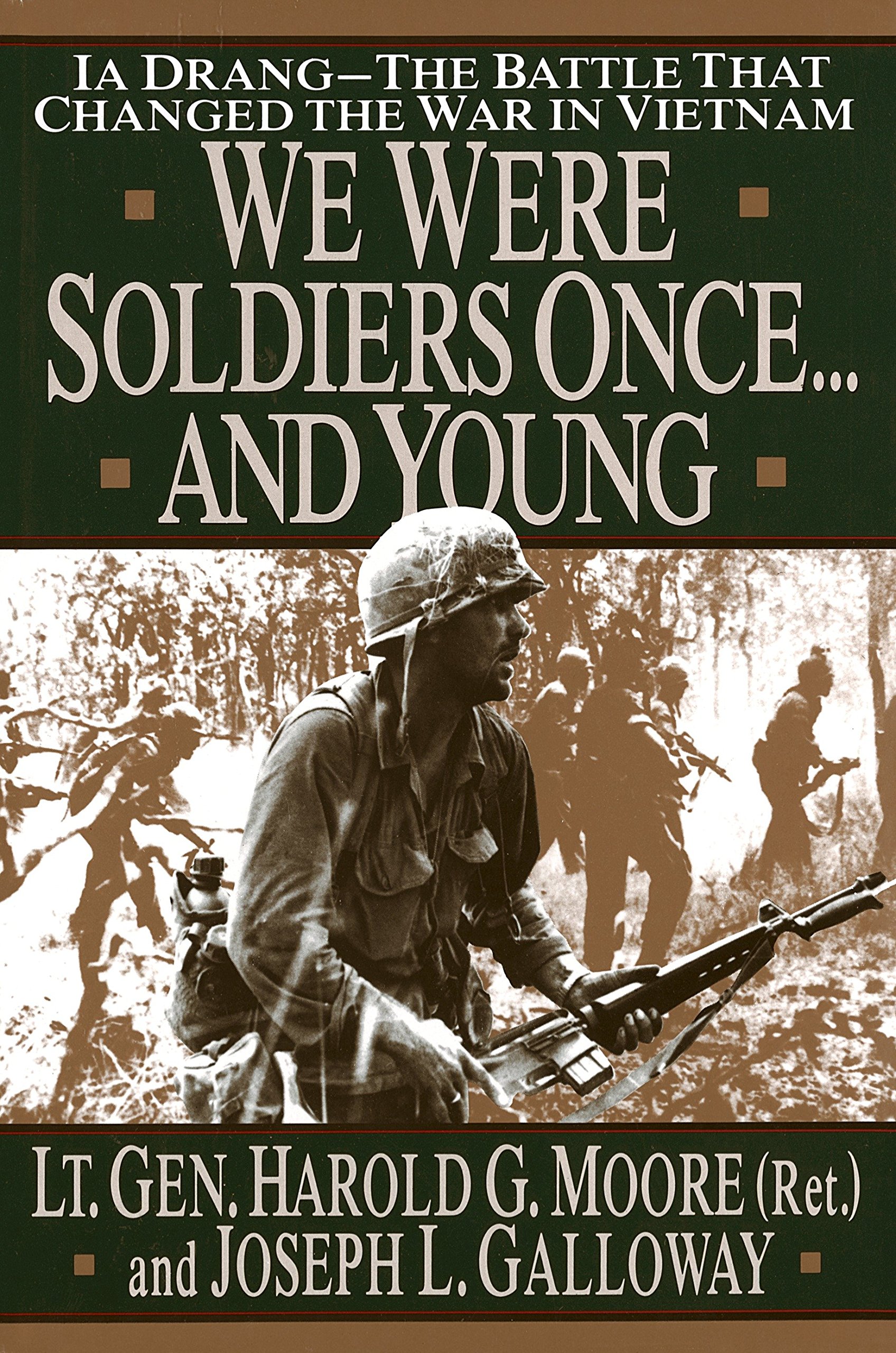 COL T. X. HAMMES
COL T. X. HAMMES
Leadership: The Human Factor
Men Against Fire
by S.L.A. Marshall
A military classic, this volume makes a detailed examination of how men react to fire and what the small unit leader can do to prepare his men for this ordeal. Also contained are superb insights and recommendations on commanding units in combat. This should be required reading for all combat arms leaders.
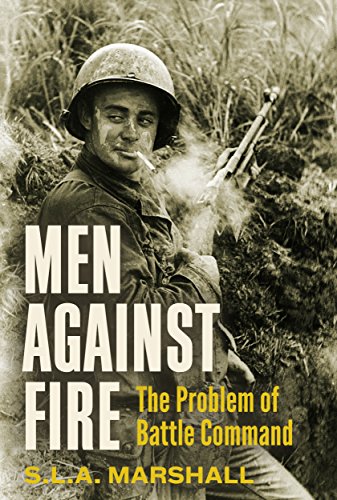
The Soldier’s Load and the Mobility of a Nation
by S.L.A. Marshall
Another classic by BGen Marshall, this is a comprehensive look at the load an individual Marine should carry into combat. The after action reports from Grenada indicate this is a lesson relearned every time there is a war. The book contains critical information for an infantry officer.
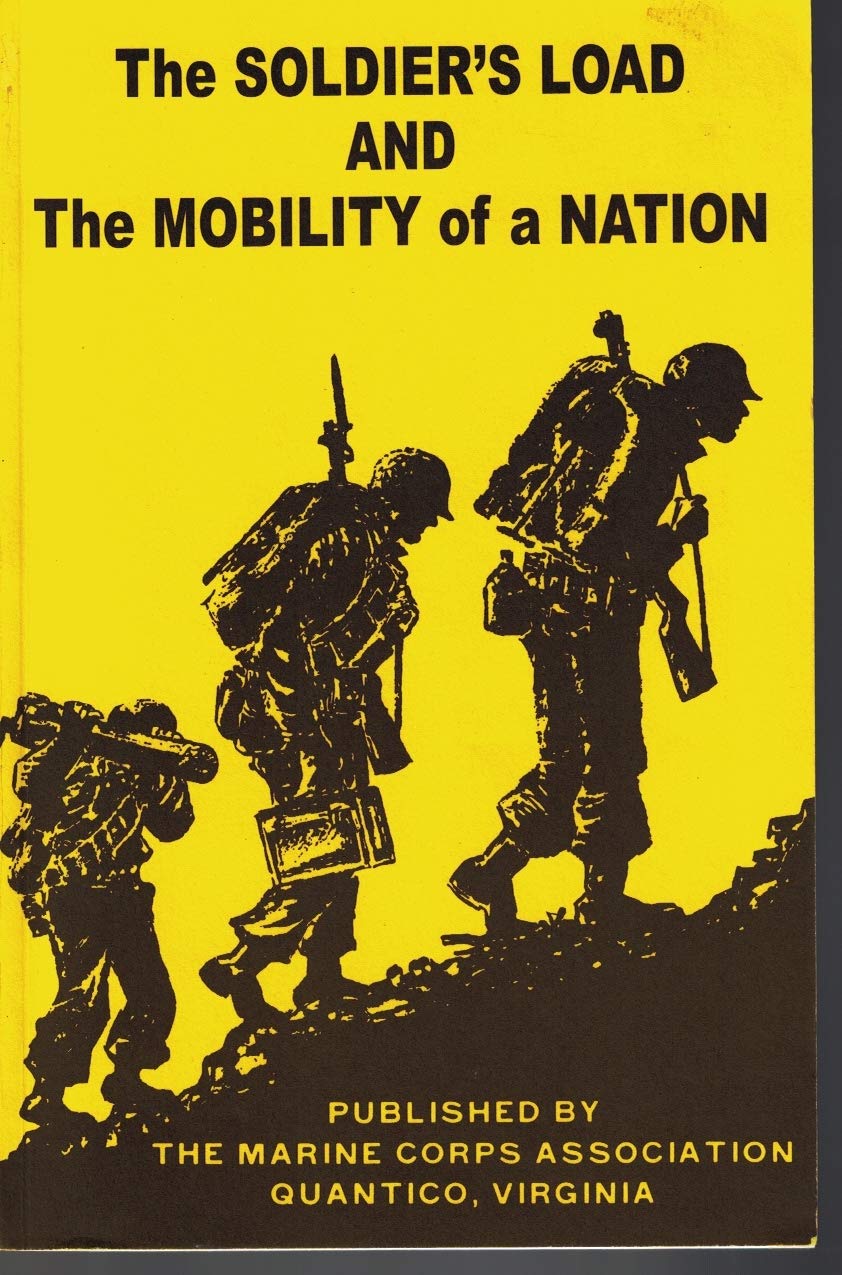
THE FACE OF BATTLE
by John Keegan
This is a fascinating study of the battles of Agincourt, Waterloo, and the Somme with emphasis on the physical and psychological effects on the soldiers fighting in these actions. Keegan is a thoughtful writer and has much to offer professionals with his insightful analyses.
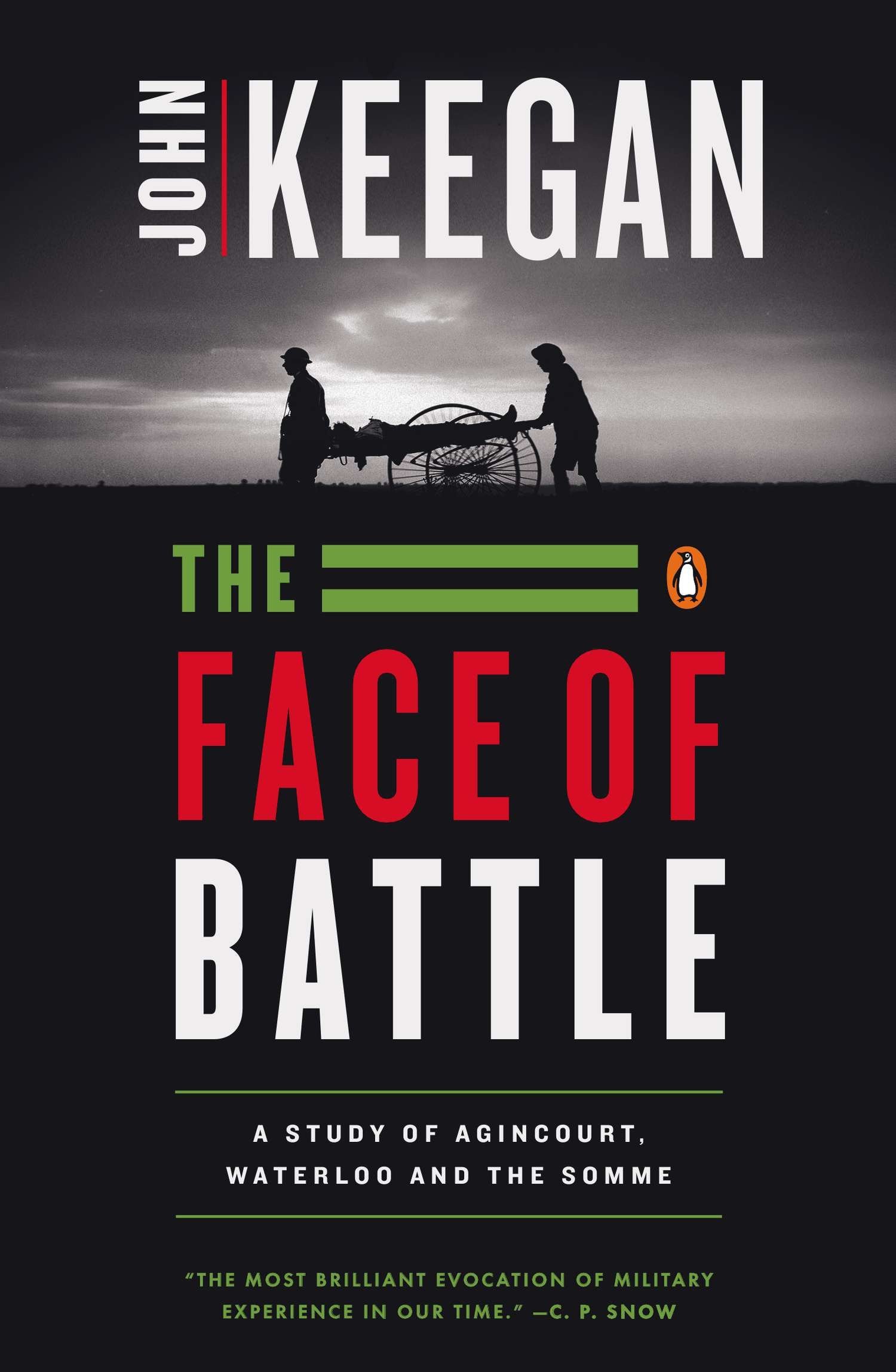
Combat Motivation: The Behavior of Soldiers in Battle.
by Anthony Kellett
An excellent companion to Men Against Fire, this is a comprehensive, well documented study of why men fight.

Battle Leadership
by Captain Adolf von Schell
This book consists of a collection of Capt von Schell’s post-World War I lectures to the United States Army Infantry School dealing with action on the Eastern Front in World War I. The observations on small-unit leadership and tactics are as applicable today as they were in 1918.
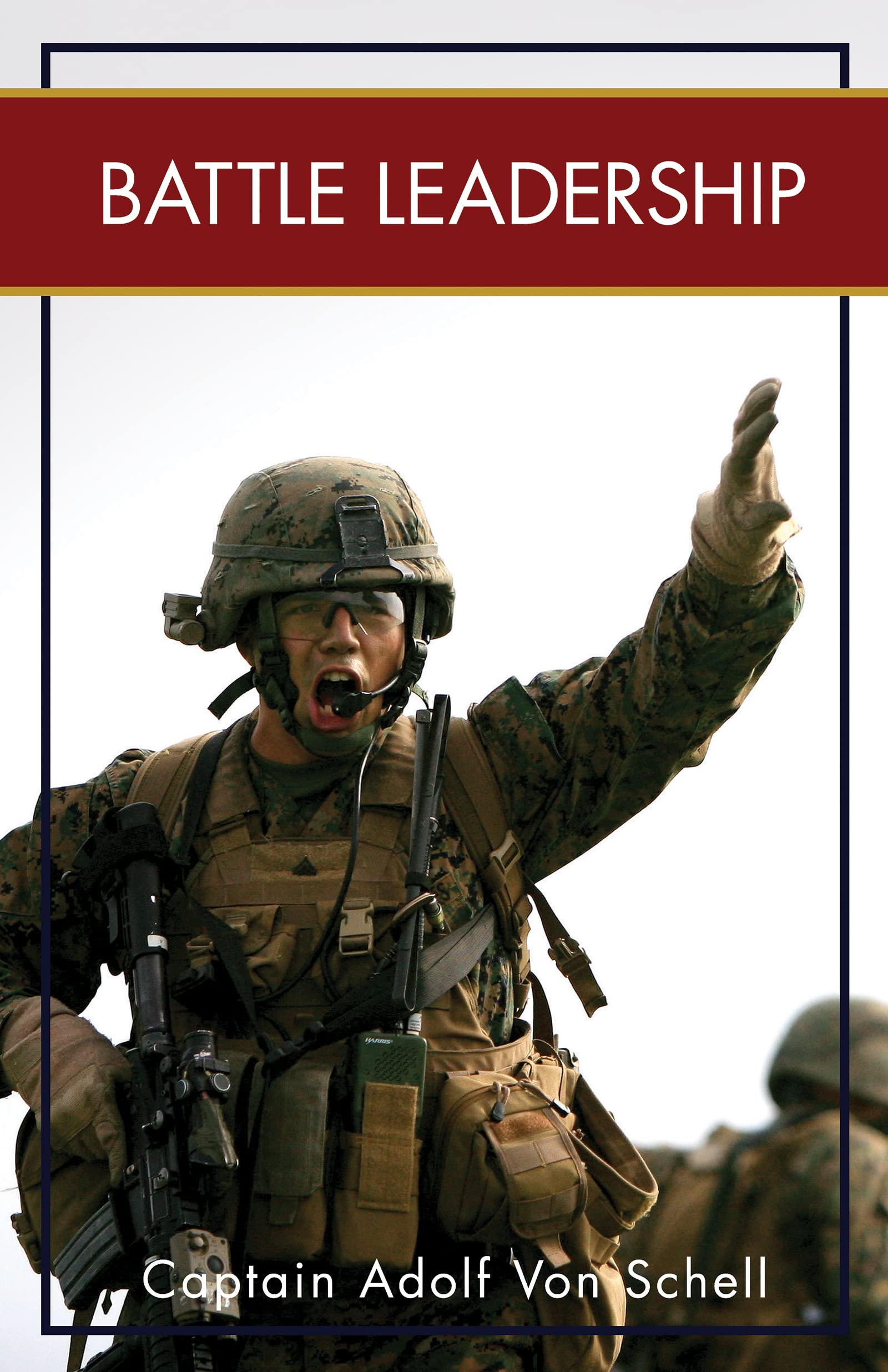
THE Arnheiter Affair
by Neil Sheehan
This work traces the events that led to a near mutiny aboard the USS Vance off the coast of Vietnam. It is a thought-provoking story with plenty of substance for leadership and ethics discussions.
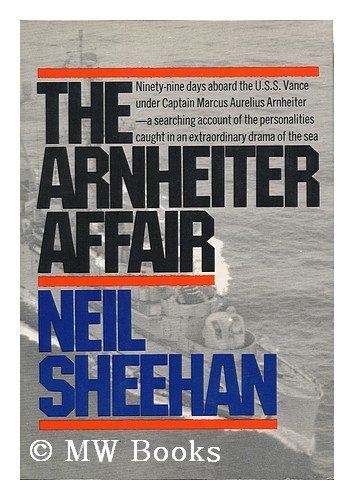
Common Sense Training: A Working Philosophy for Leaders
by LtGen Arthur S. Collins, Jr., USA (Ret)
This book contains practical, usable tips to improve day-to-day training from platoon to division. It is a volume to be kept and reread each time Marines return to the Fleet Marine Force.
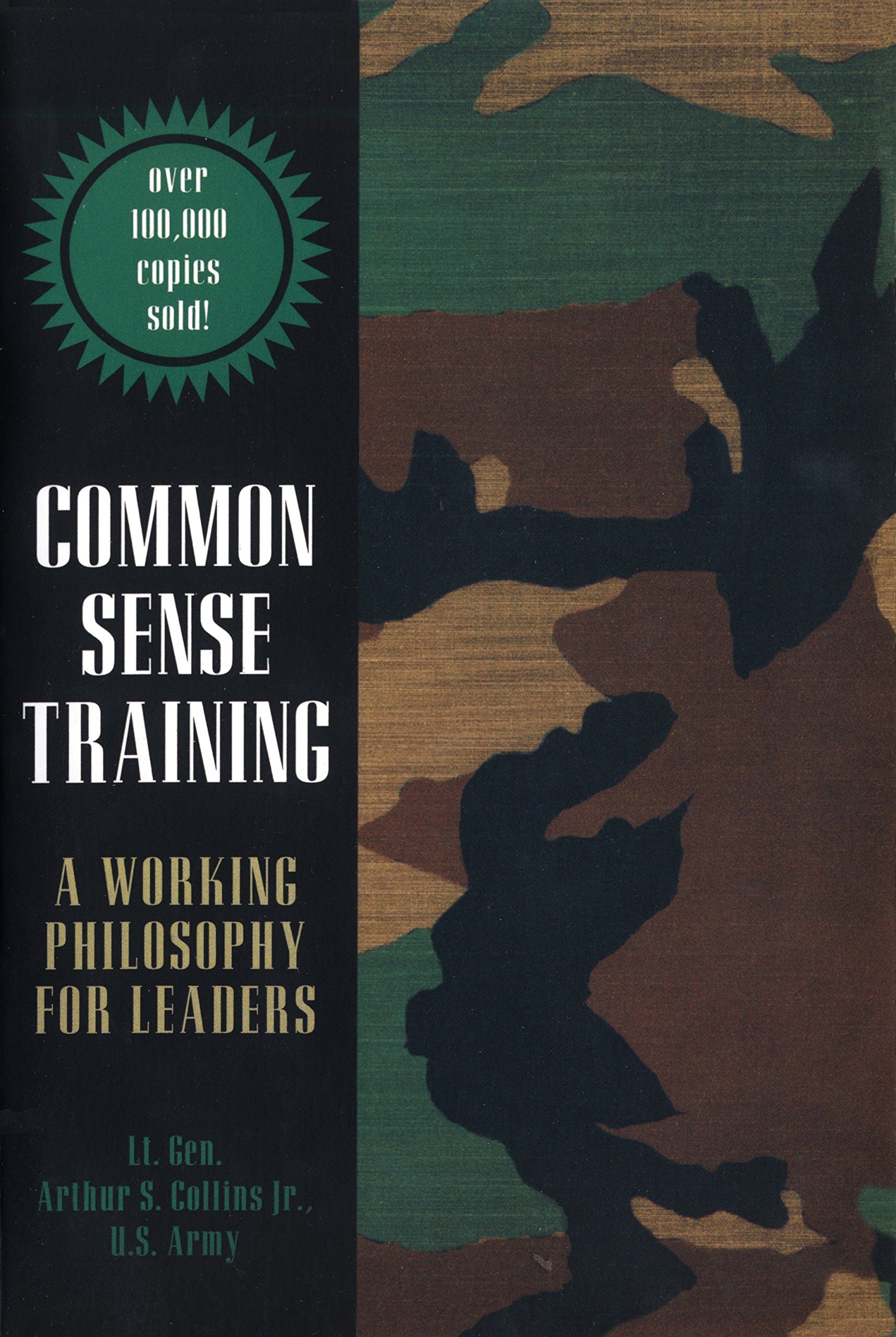
Follow Me: The Human Element in Leadership: v. 2
by MajGen Aubrey S. Newman, USA (Ret)
One of the outstanding books on leadership in print, this work provides useful insights on command presence, command techniques, and command in battle.
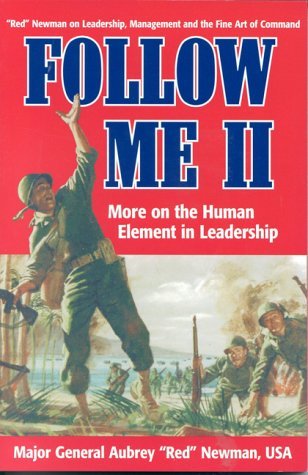
Starship Troopers
by Robert A. Heinlein
This is a scintillating, fast-moving science fiction yam about a future armed force that bears a striking resemblance to the U.S. Marine Corps. It should be read for the underlying themes of personal responsibility, leadership, and dedication to service. It makes just plain fun reading.
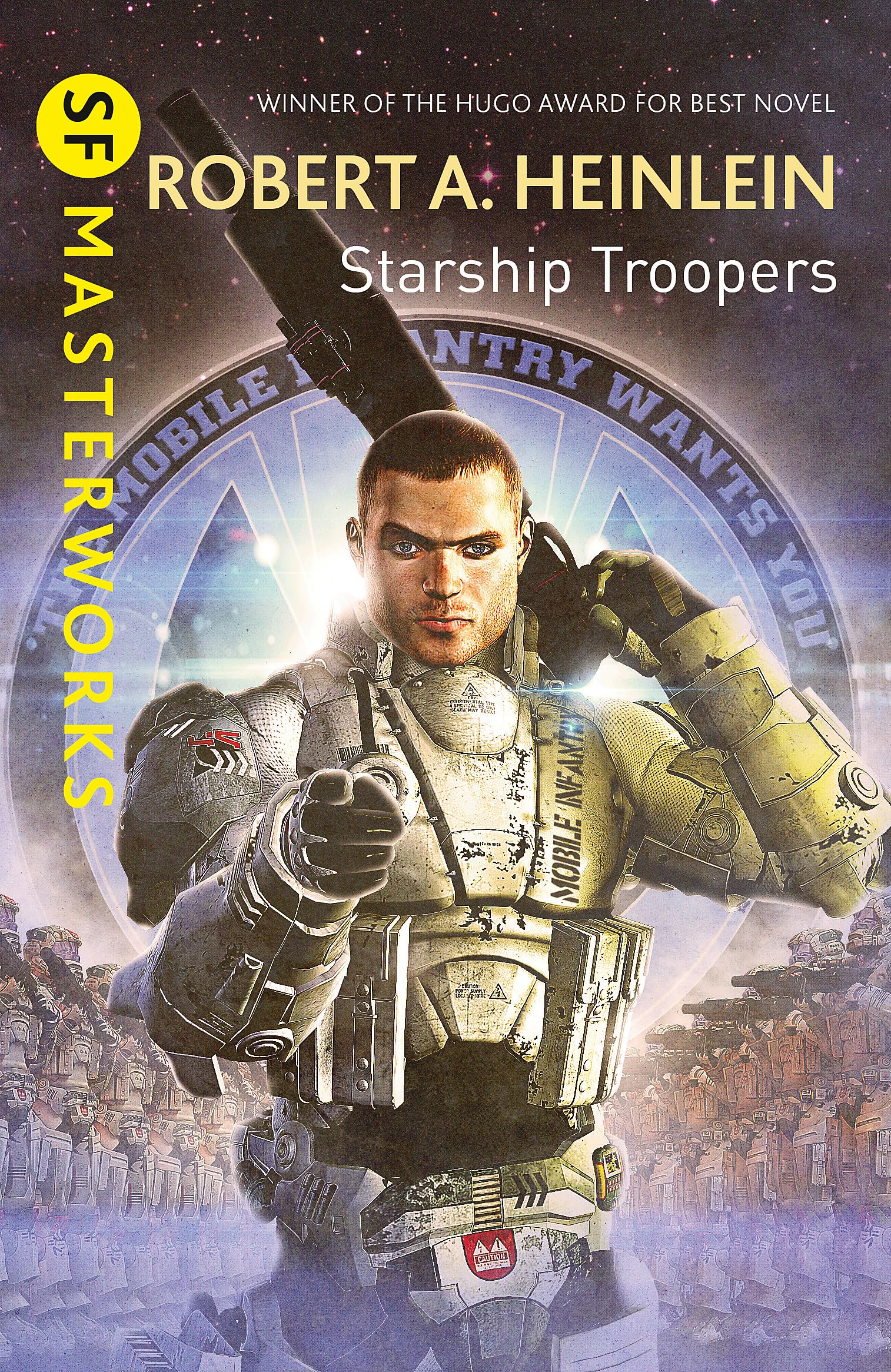
Makers of Modern Strategy: Military thought from Machiavelli to Hitler
edited by Edward Mead Earle
Twenty authors examine warfare during the last 400 years. This volume helps build a professional’s understanding of the development of strategy and tactics.
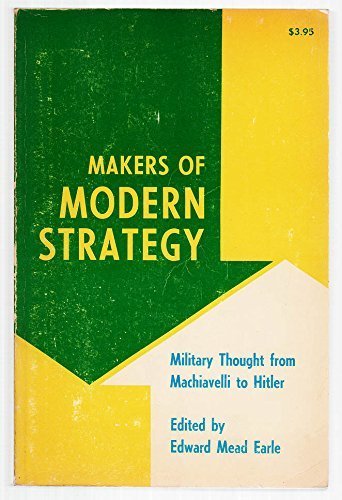
Crisis in Command: Mismanagement in the Army
by Richard A. Gabriel and P.L. Savage
Two concerned former Army officers look into the problems the Army brought on itself during the Vietnam conflict. It should be read by all professionals to ensure these mistakes are not repeated in the next full-scale conflict.
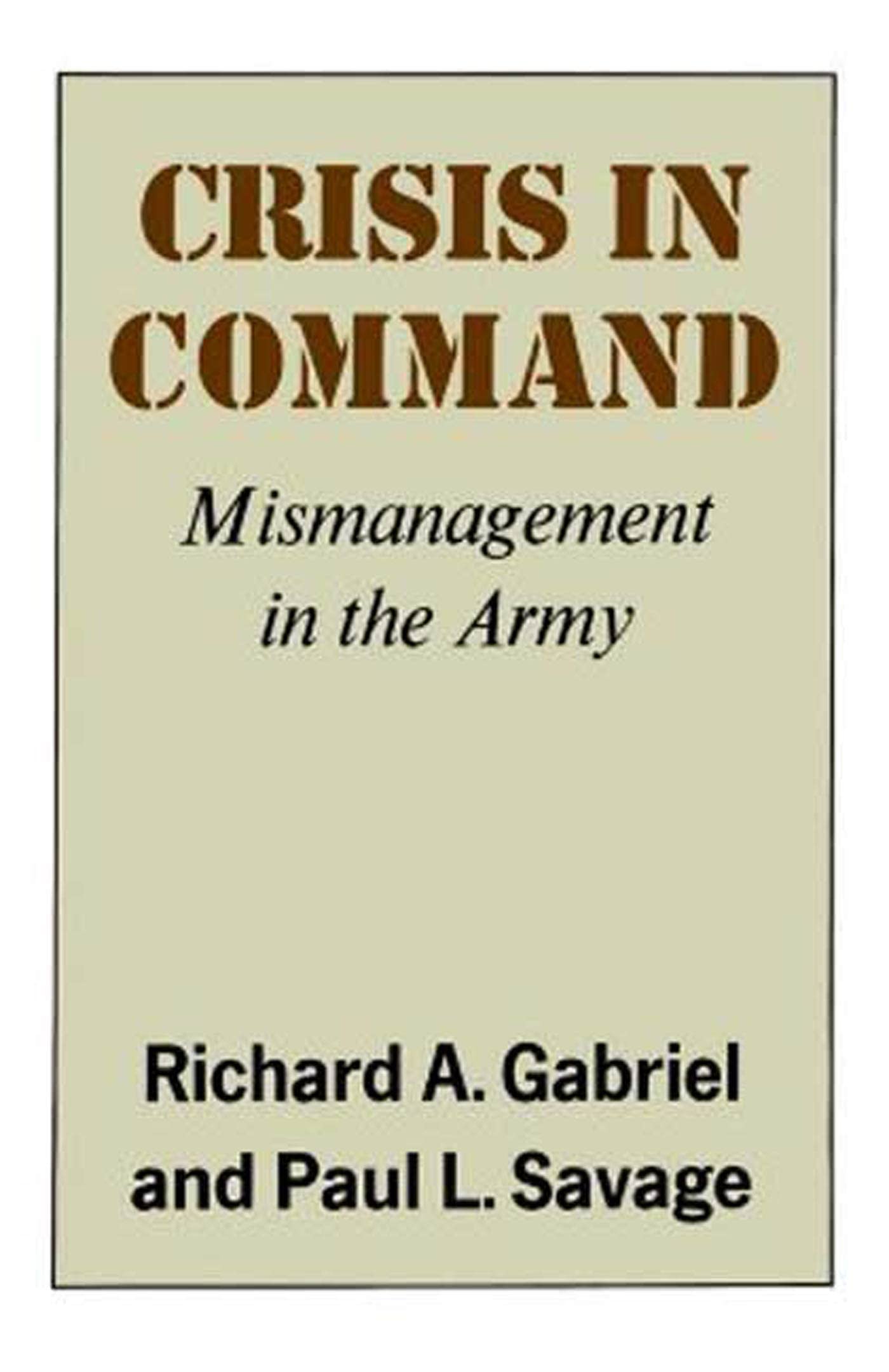
Amphibious Warfare
Assault From the Sea: Essays on the History of Amphibious Warfare
by LtCol Merrill L. Bartlett, USMC (Ret).
This collection of essays written by authors from many nations on amphibious operations throughout history broadens the professional’s understanding of this unique mission.
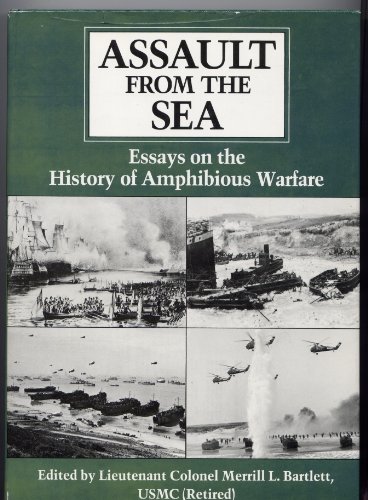
The U.S. Marines and Amphibious Warfare
by Jeter Isley and Philip Crowl
This classic gives a comprehensive overview of the Corps’ development of amphibious doctrine and the painful refinement of those techniques during World War II.
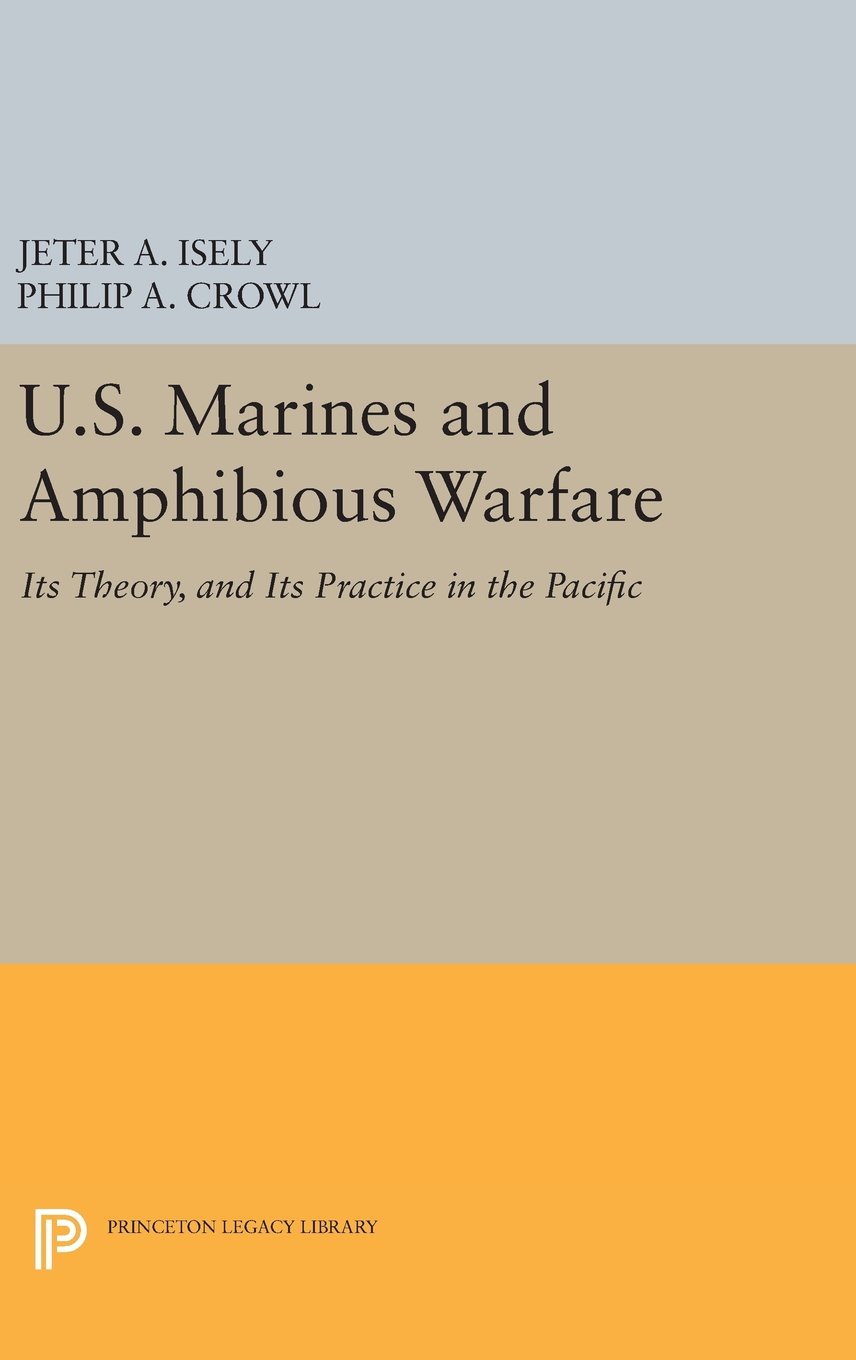
The Wizard War: British Scientific Intelligence, 1939–1945
by R. V. Jones
R. V. Jones was a young scientist at the beginning of the Second World War who became the head of Britain’s effort in scientific intelligence. His memoir is a brilliant piece of writing and analysis that brings a deep understanding of the development of wartime science and the business of intelligence to the reader. In the end, Jones contribution to the winning of the war ranks only slightly below that of Churchill’s, and yet his telling of his contribution is modest and self-effacing throughout. In every respect this is a wonderful book.
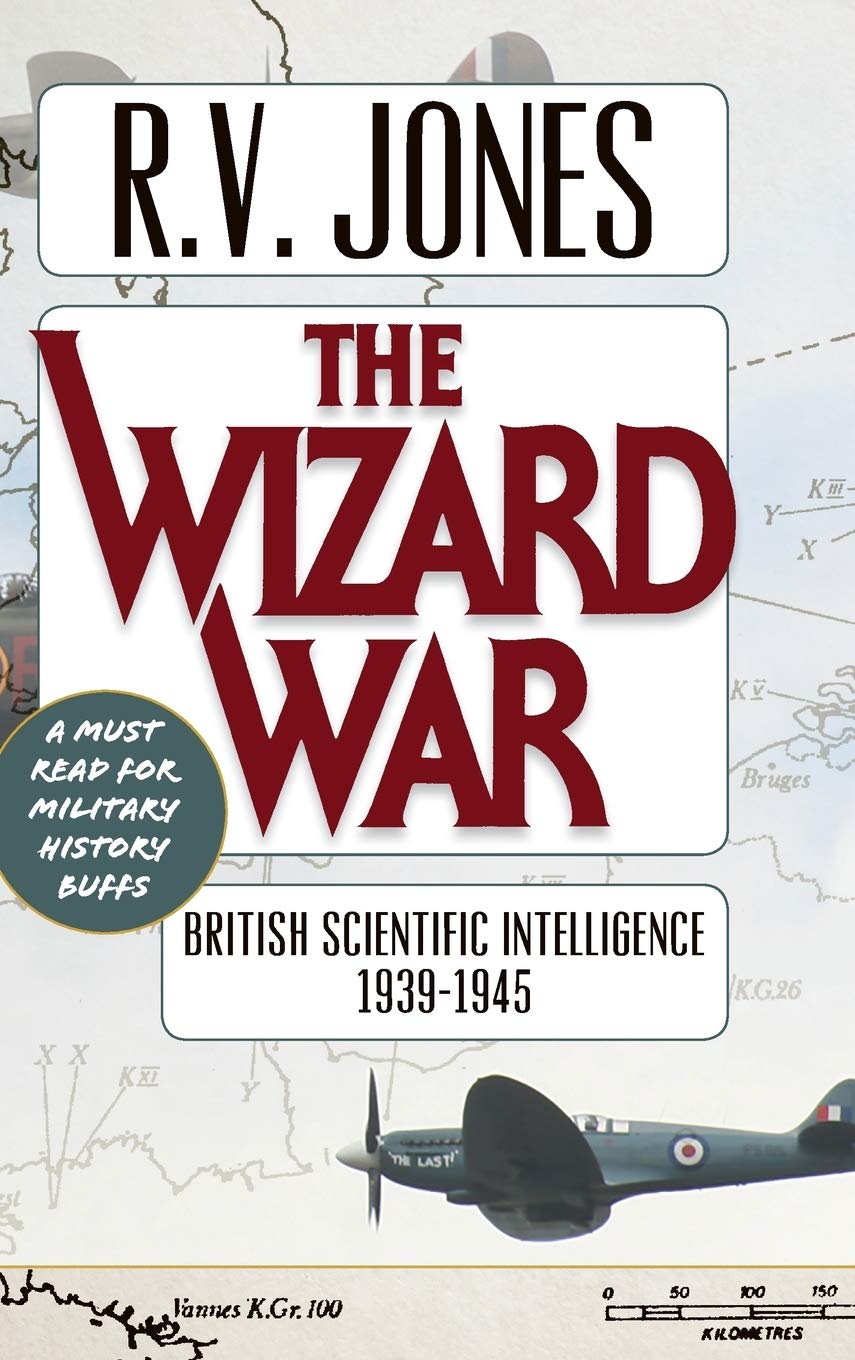
Mussolini Unleashed, Politics and Strategy in Fascist Italy’s Last War
by MacGregor Knox
In this extraordinary study of Mussolini, MacGregor Knox lays bare the extraordinary details of the incompetence of Italy’s military institutions that sacrificed the lives of innumerable brave Italians in the Second World War. It also entirely destroys the myth that Italy’s entrance into the war was foisted on an unwilling Italian people by Mussolini. For readers who want to understand why the military institutions of the Third World have so often collapsed on the battlefield before the institutions of the First World, this is an enlightening study.
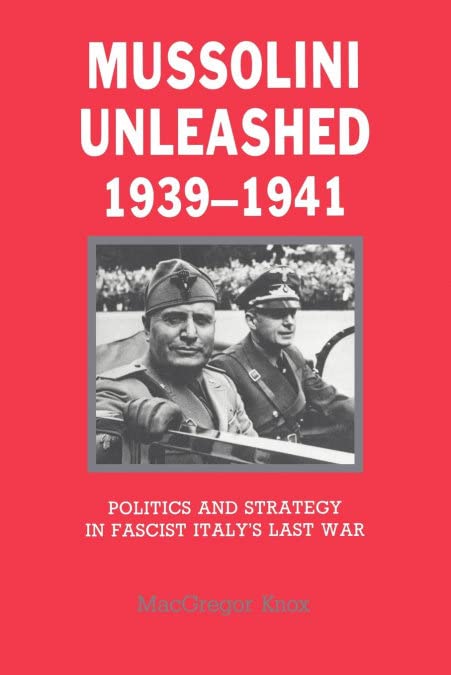
A World at Arms, A Global History of World War II
by Gerhard Weinberg
This political and strategic history of the Second World War stands as a monument to brilliant scholarship that has made Weinberg the greatest historian of the Second World War. Quite simply, no historian in the future is likely to master the documentary evidence to the extent that Weinberg has managed to do. While the length of the work may intimidate many readers (along with the extraordinary footnotes), the book presents the most balanced account of the war yet written. A World at Arms is solidly written, but it is the mastery of the details and of the complexity of the war at every level that makes this such an outstanding work of history.
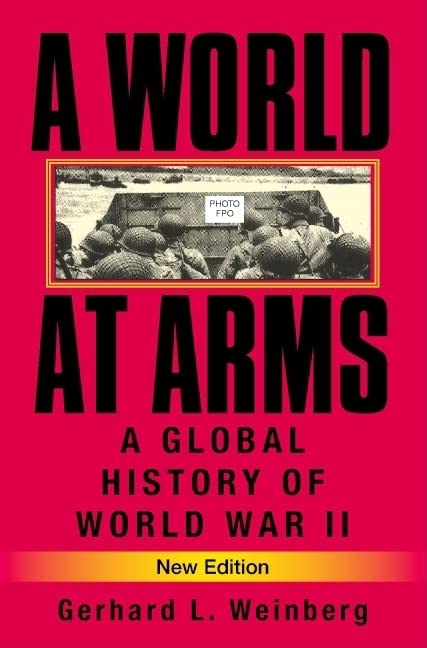
Grand Strategy, vol. 4, August 1942–August 1943: History of the Second World War
by Michael Howard
Rarely does official history rise above a standard of average. In this case Michael Howard has not only written the definitive history of British grand strategy in the crucial period between 1942 and 1943, but he has done so with style and panache. Where by its very nature official history tends to be partisan in attributing most errors to Allies, Howard is scrupulously fair in his treatment of the American side of the story.
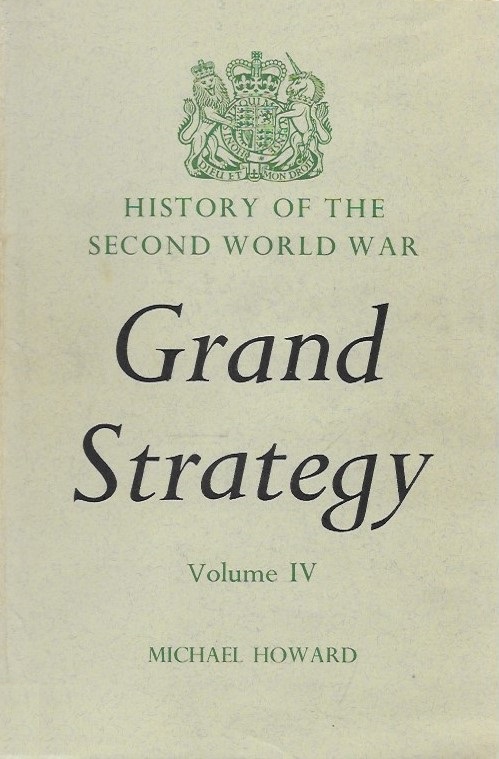
The Strategic Air Offensive
Against Germany
by Sir Charles Webster and Noble Frankland
As with Michael Howard’s official history of the Mediterranean Theater in 1942 and 1943 (Grand Strategy), Webster and Frankland have written brilliant piece of official history in their account of Bomber Command’s valiant but fundamentally flawed conduct of its bombing offensive against Germany. When it was published in the early 1960s, it raised the hackles of airmen for the rigorous standards of truth with which it told its story. This is superb military history, and while its length may be intimidating, it reads easily and well with extraordinary analytic power. No one can call himself a student of air power unless they have read the three volumes in this history.
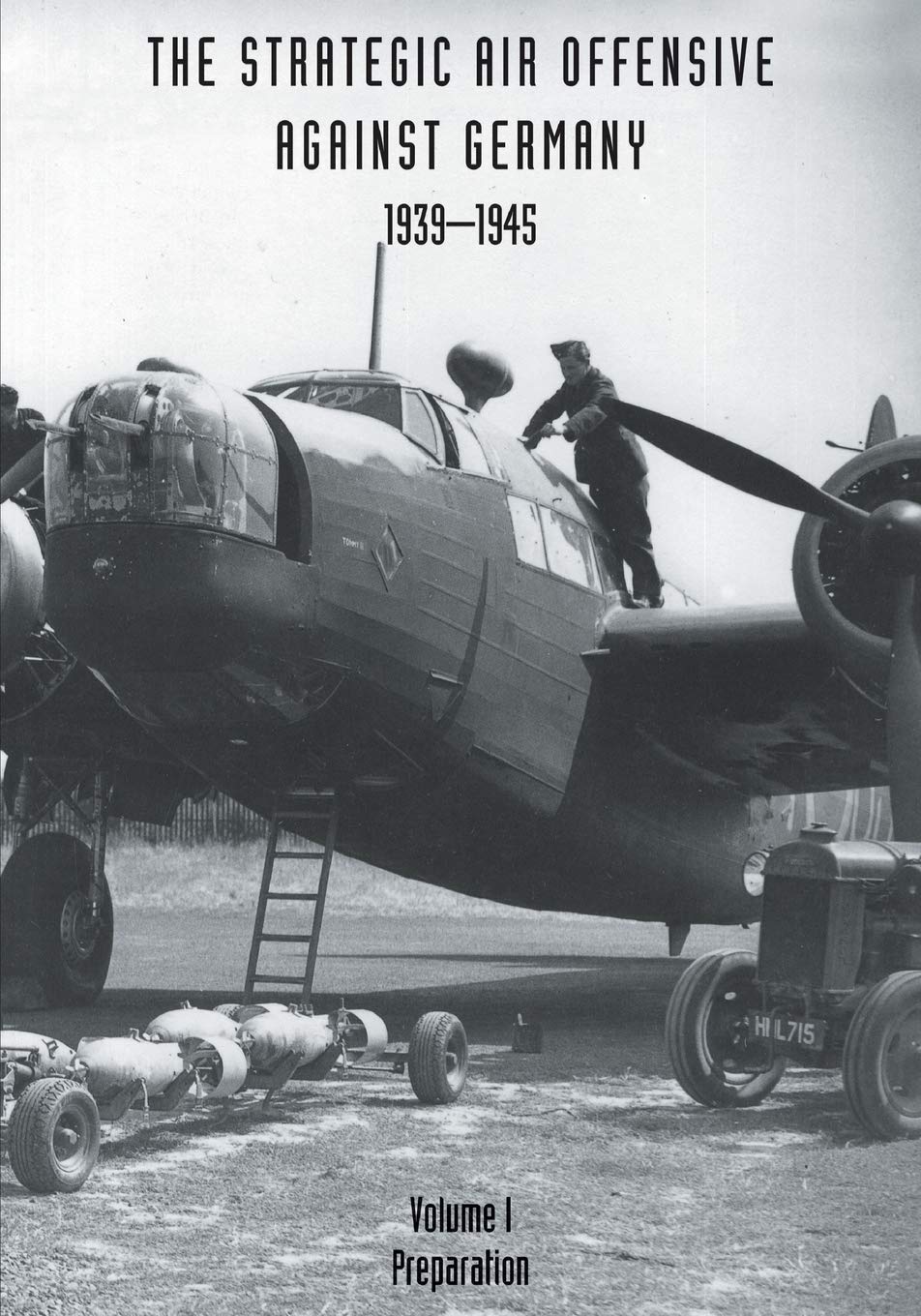
Quartered Safe Out Here, A Recollection of the War in Burma
by George MacDonald Fraser
George MacDonald Fraser is the author of the innumerable volumes in the Flashman series. In this memoir he recounts his experiences as a teenaged combat infantryman, serving in William Slim’s 14th Army. His tale is brilliantly written—at times sad, at times gripping, at times hilarious, but always readable. Fraser’s powers of observation are extraordinary, as well as his ability to sum up a point in a few words. His description of Slim is brilliant. In addressing his men and the Burma campaign after the war, Slim “never said I, rarely said we, and almost always said you did.”
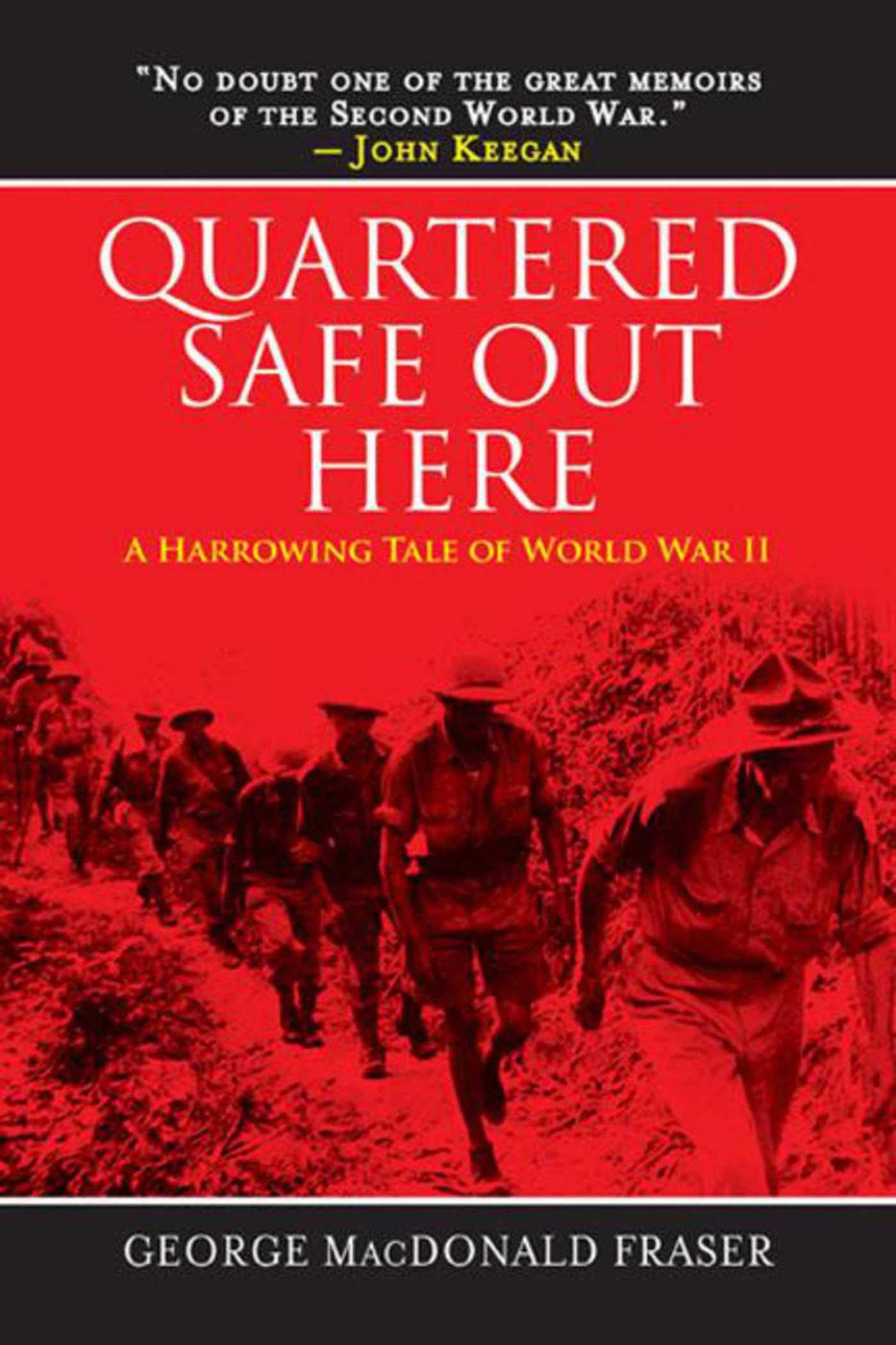
Defeat into Victory
by William Slim
Besides Ulysses S. Grant’s memoirs, Slim’s memoirs ranks as one of the great works of military literature, both for its insights as well as for its honesty. And like Grant, Slim has few pretensions about his own “greatness.” Instead he tells how he took a beaten and demoralized army and rebuilt it into one of the finest military organizations in the Second World War. He then recounts his conduct of the war and the re-conquest of Burma against the odds of weather and tenacious resistance of the Japanese. It is a great tale told by one of the great captains of history. And in the end it is about a great leader.
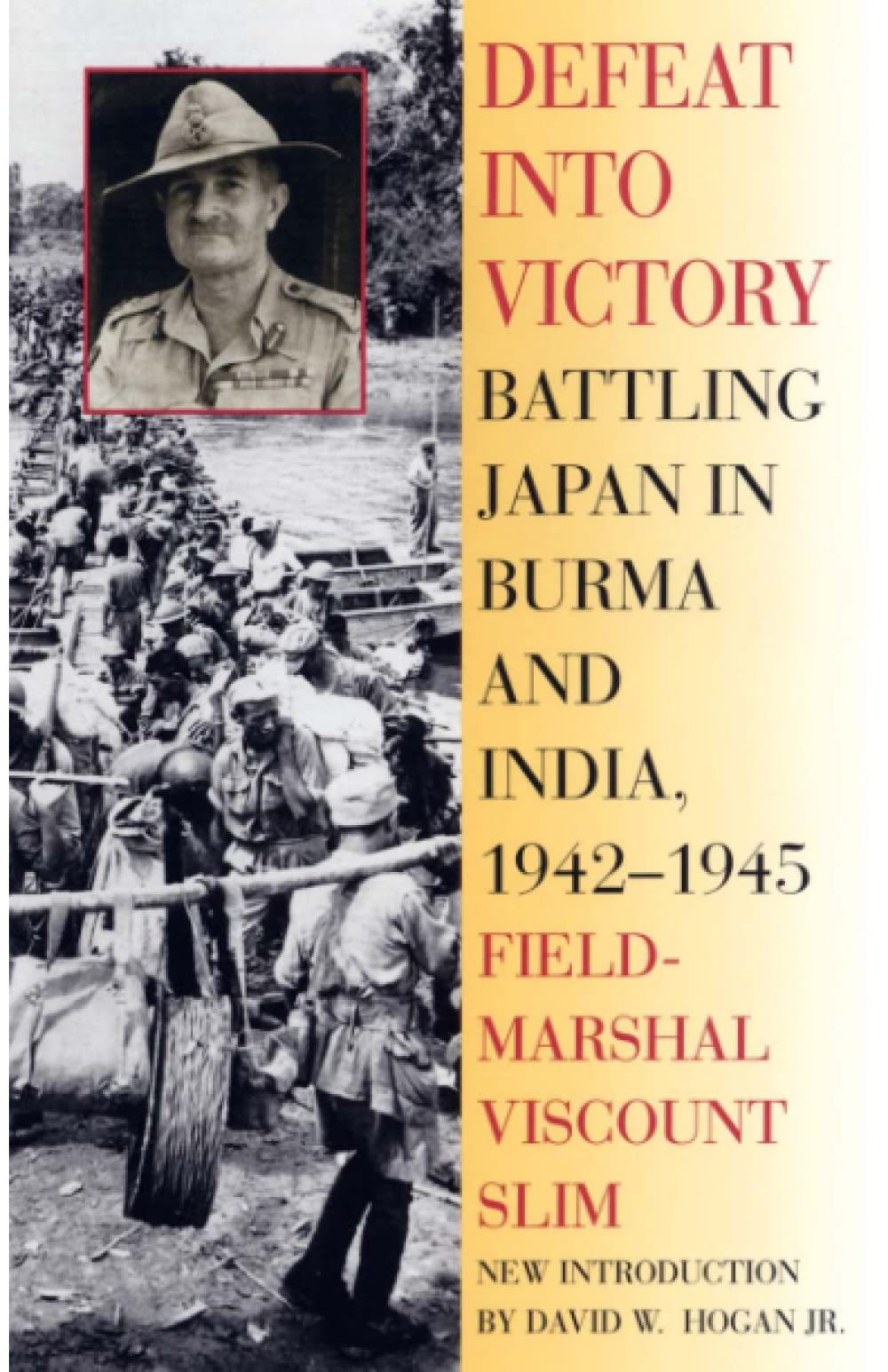
With the Old Breed at Pelilu and Okinawa
by E. B. Sledge
E. B. Sledge survived two of the nastiest battles of the Second World War and returned to Alabama to serve his community as a professor of chemistry. He also wrote one of the finest accounts of combat ever written. With the Old Breed is a story of leadership, comradeship, and Marines under the terrible circumstances of combat against a fanatical opponent. It is a great piece of autobiography and a tribute to the Marines who fought in these terrible battles
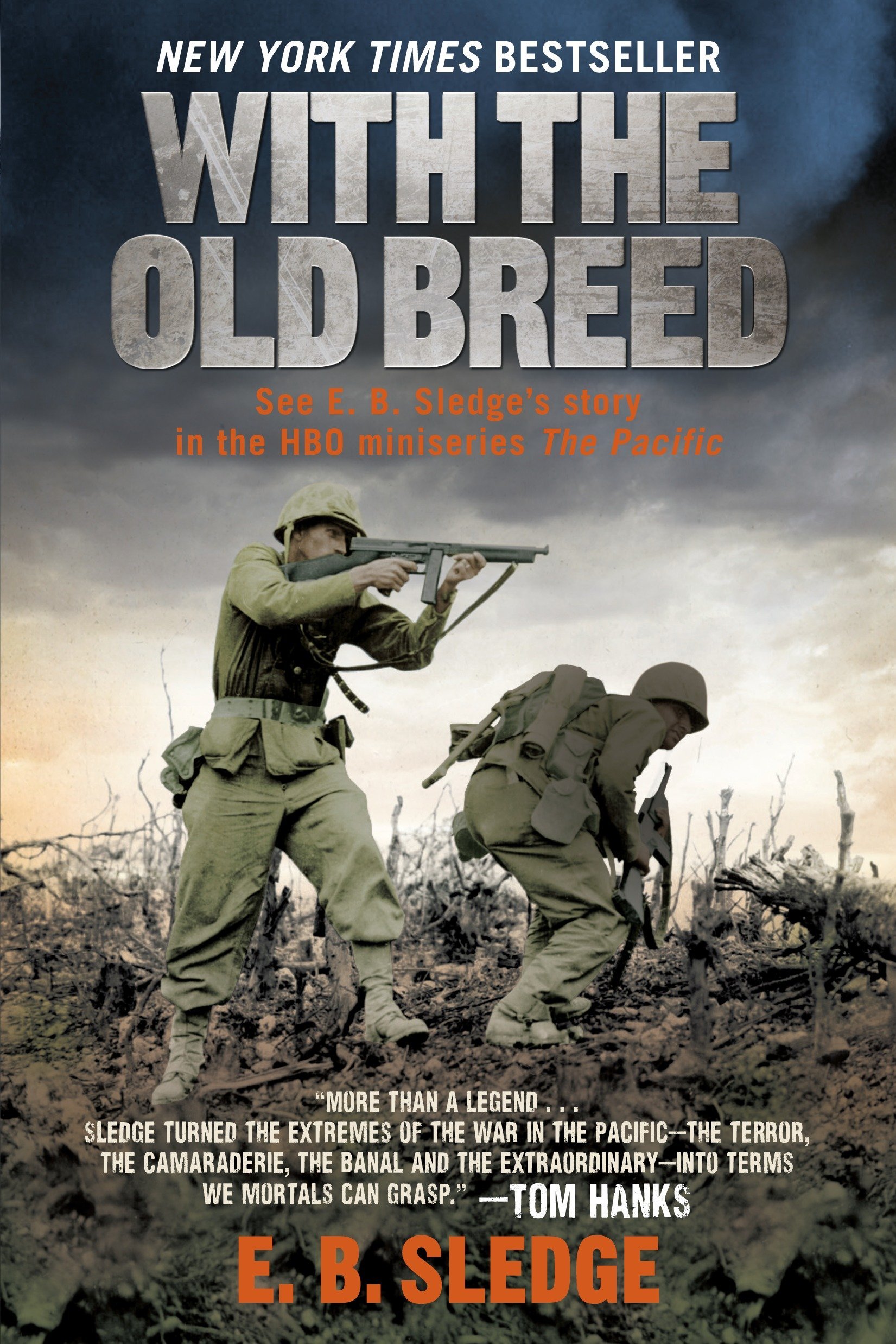
Downfall, The End of the Imperial Japanese Empire
by Richard B. Frank
Richard Frank survived a combat tour in Vietnam with the 173rd Airborne Brigade. He returned to the United States to become a lawyer. He has also become a first-rate military historian. His study of the surrender of the Japanese Empire as a direct result of the dropping of the atomic bombs quite simply destroyed fifty years of academic nonsense written about the atomic weapons. Thoroughly researched and clearly written, Downfall is brilliant military and political history. It is a must read for anyone interested in the history of the Pacific War.
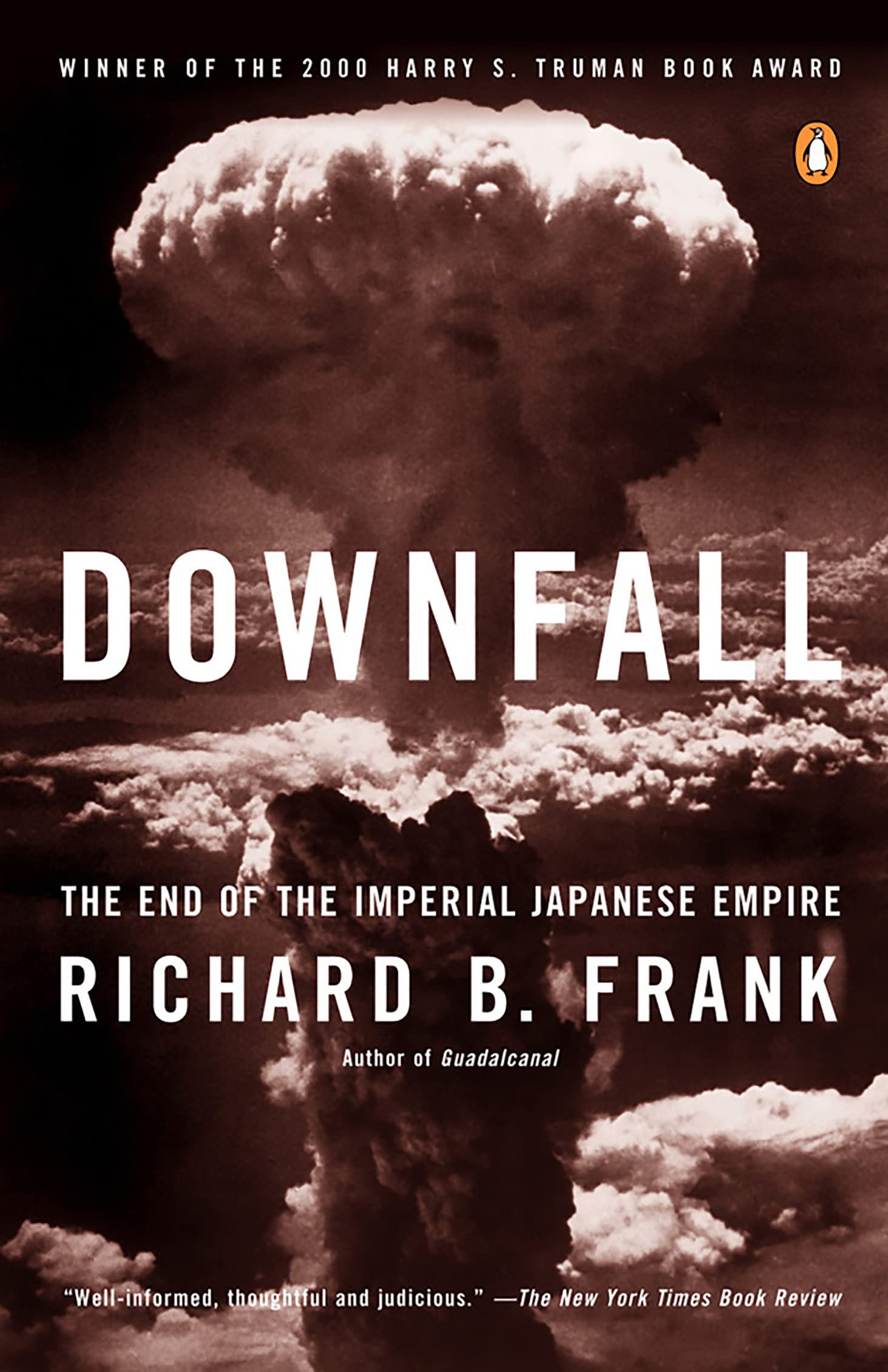
Very Special Intelligence
by Patrick Beasley
This memoir of British intelligence and its efforts to thwart the submarine war waged by the gray wolves of the Kriegsmarine is not only a wonderful memoir of Bletchley Park, but an insightful and persuasive account of the complexities and difficulties of understanding one’s opponents in war. Beasley underlines that it was the understanding, not just the broken codes and technological superiority, that was the key ingredient in the Allied victory in the first great information war. This is a great read that offers the reader much for little effort.
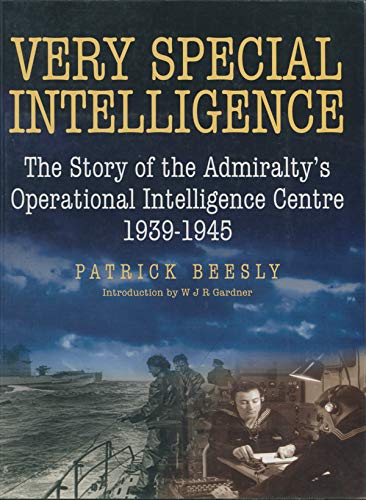
A Savage War of Peace, Algeria, 1954–1962
by Alistair Horne
Horne is a great historian of French military history and its less-than-successful record over the past 130 years. Horne’s greatest book is an examination of France’s great military victory in the Algerian War and its disastrous political defeat—a defeat that almost destroyed France. It is a tale that American strategists and military leaders should ponder as the American military embarks on wars against enemies about whom it knows little and understands less.
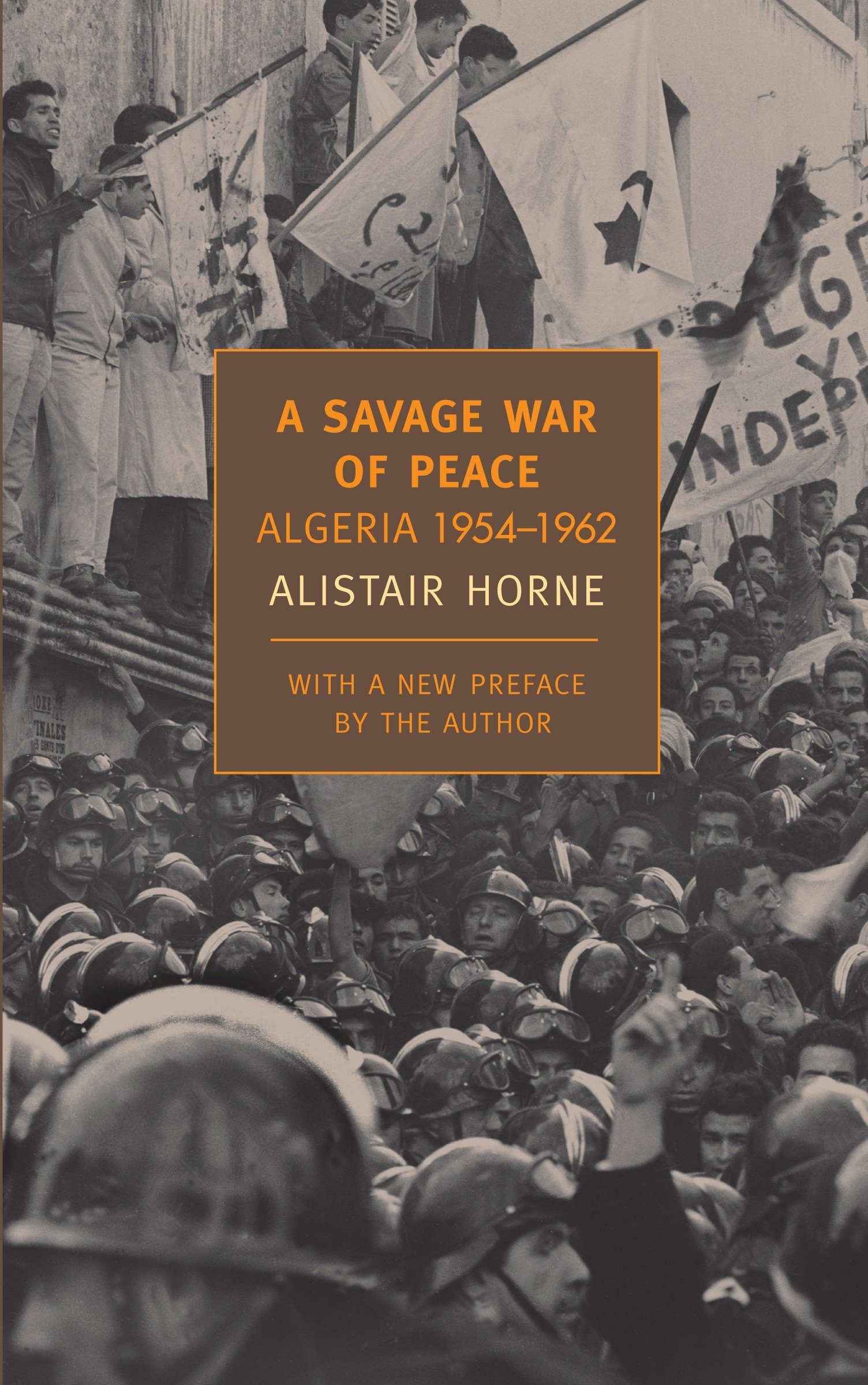
We Were Soldiers Once… and Young, Ia Drang — The Battle that Changed the War in Vietnam
by Lt. Gen. Harold Moore and Joseph Galloway
Moore and Galloway have written by far and away the best piece of military history on one of the early battles of the Vietnam War. It is a story of effective and ineffective military leadership. It also should put to rest the claims of some commentators who claim that the US military lost none of the battles in the war. LANDING ZONE ALBANY was nothing other than a defeat that came close to being the twentieth century’s Battle of the Little Bighorn. This is a great book.
